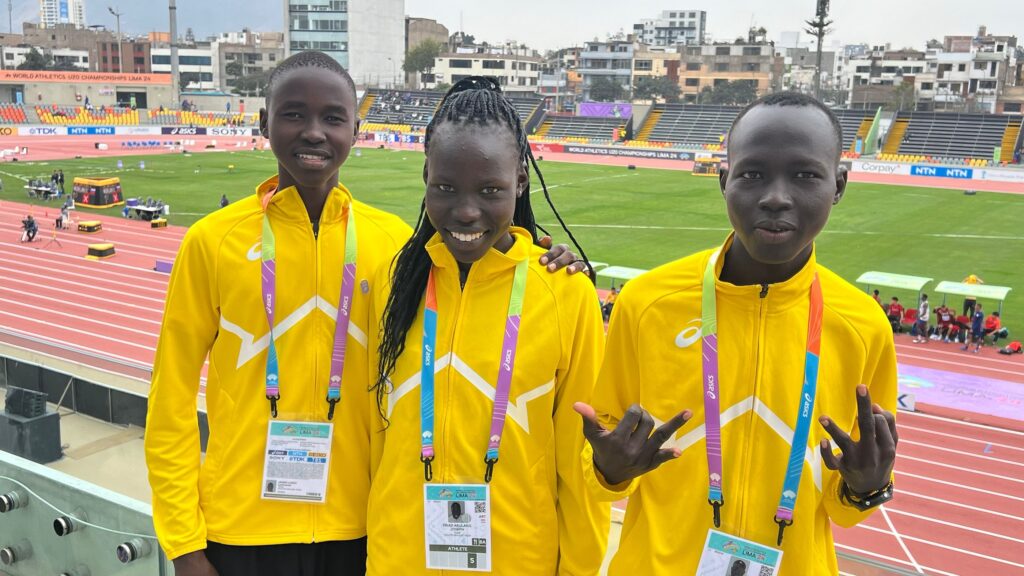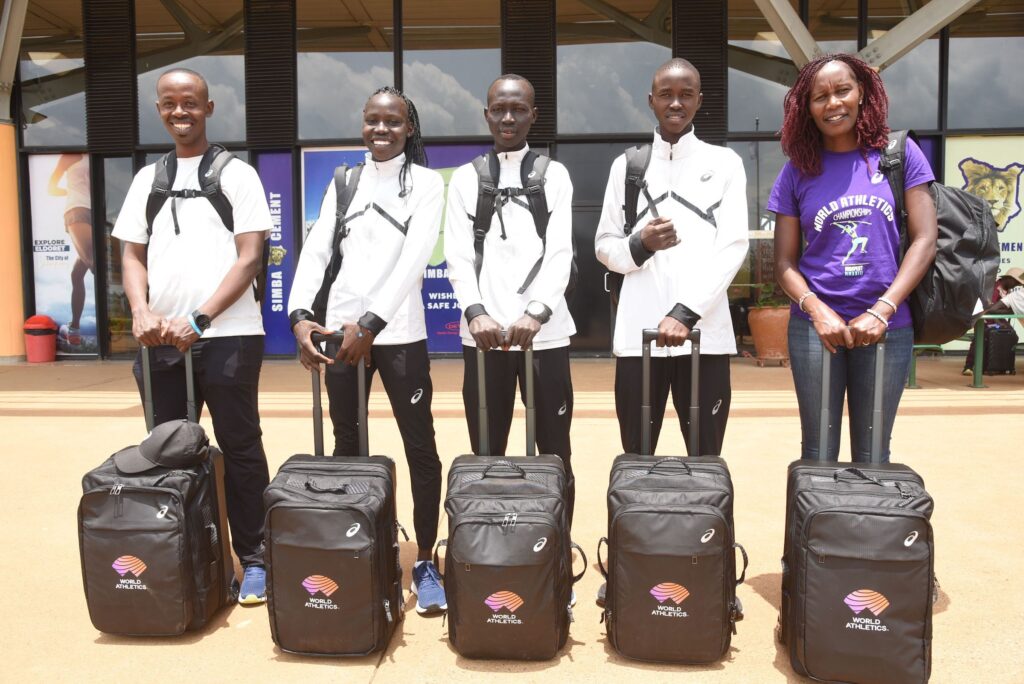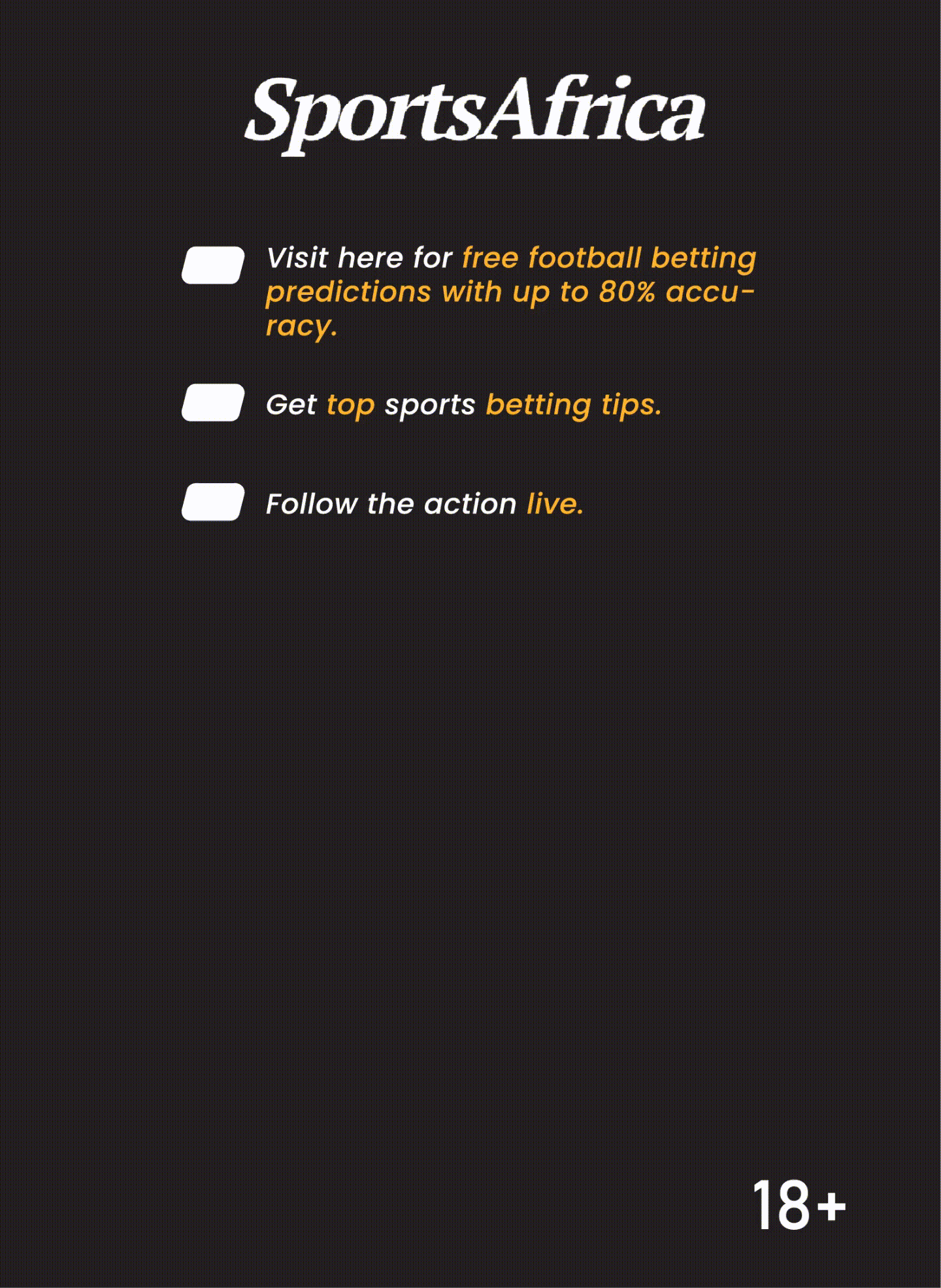In a story of resilience and determination, three young refugee athletes from the Kakuma camp in Kenya made their mark on the world stage at the World Athletics U20 Championships Lima 24.
James Lomoi Lochauluka, Lokoro Dario, and Zinad Joseph, representing the Athlete Refugee Team, not only set personal bests but embarked on a journey that transcended sport.
“In life, nothing is easy, but you have to keep trying to overcome it,” said 19-year-old Lochauluka after competing in the 400m event. Originally from South Sudan, Lochauluka and his friends Dario (18) and Joseph (17) could never have imagined such an experience just a few years ago.
Growing up in Kakuma, a refugee camp that hosts 240,000 people, their prospects seemed limited. But now, not only were they competing against the world’s best, they were also accessing education and witnessing the vast Pacific Ocean for the first time.
“It’s so big! Is that a ship over there? What are they doing? Is that surfing? Oh yes, I’ve seen that in movies,” exclaimed Lochauluka, wide-eyed and in awe of the surfers off the Costa Verde cliffs.

For the trio, the experience in Lima wasn’t just about athletics. It was about exploring a new city, tasting new foods, and forging deeper friendships. Often holding hands to ensure no one got lost, they navigated Peru’s capital with a sense of wonder that comes with discovering a new world.
Their coach, Arcade Arakaza, a fellow refugee from Burundi, was beaming with pride. “Thirty seconds faster than in Kakuma. This is incredible progress!” he said, marvelling at their achievements. His own journey to this point had been fraught with challenges, but now, as he watched his athletes thrive, he couldn’t help but appreciate the present moment.
The athletes’ bond had been cemented over hours of training in the harsh conditions of Kakuma, where they would squeeze in practice between school and household responsibilities. Now, under the guidance of Arakaza and 2007 world champion and 2008 Olympic silver medallist Janeth Jepkosgei, they were living out their dreams.
During their time in Lima, the athletes explored the city’s historic sites, including the Gran Hotel Bolivar and the San Francisco Convent, tried Peruvian dishes, and even shared their training struggles with athletes from Jamaica and Australia. “It’s really hot where we come from, and it’s challenging for us to train three times a day,” said Lochauluka, a Manchester United fan. Yet despite these difficulties, they persevered.
Their participation at the championships was made possible by the collaboration between World Athletics, the United Nations High Commissioner for Refugees (UNHCR), and the African Higher Education in Emergencies Network (AHEEN). For these young athletes, sport wasn’t just an outlet – it was a lifeline.
“Sport serves as a pathway for refugees to find meaning, belonging and hope,” said Alice Annibali, Senior Manager of Athletics for a Better World. “Even if they don’t win medals, they can become PE teachers, coaches, or pursue other opportunities that offer hope.”

Laura Almirall, UNHCR’s representative in Peru, echoed these sentiments, highlighting the role of sport in fostering friendships and breaking down stigmas. “Sport also fosters friendships and breaks down stigmas. It brings together people from different nationalities, fostering teamwork and companionship,” she said.
As Lochauluka, Dario, and Joseph continue their journey, their experience in Lima stands as a testament to the power of sport and education to transform lives, offering not just hope, but a future filled with possibilities.
Source: World Athletics
